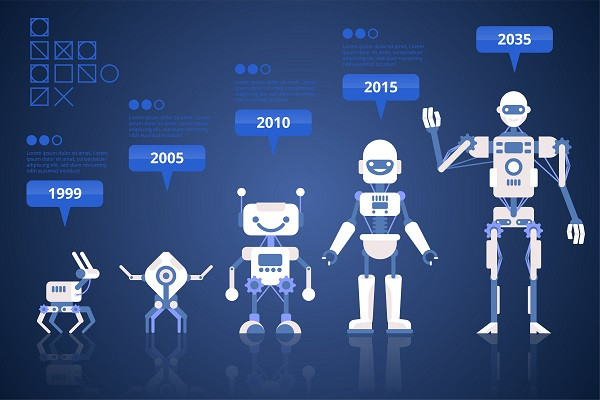Introduction
In the rapidly advancing landscape of technology, Artificial Intelligence (AI) stands out as a transformative force, reshaping industries and pushing the boundaries of what was once deemed possible. Among the trailblazers in the realm of AI, OpenAI has emerged as a key player, contributing to the evolution of intelligent systems. This article explores the journey of OpenAI and its significant impact on the field of artificial intelligence.
The Genesis of OpenAI:
Founded in December 2015, OpenAI was established with a mission to ensure that artificial general intelligence (AGI) benefits all of humanity. The organization was founded by Elon Musk, Sam Altman, Greg Brockman, Ilya Sutskever, John Schulman, and Wojciech Zaremba, among others. OpenAI’s commitment to safety, transparency, and a collaborative approach set it apart in the rapidly growing AI landscape.
OpenAI’s Flagship: GPT-3
One of the notable contributions of OpenAI is the development of the Generative Pre-trained Transformer 3 (GPT-3). Unveiled in June 2020, GPT-3 is one of the most powerful language models ever created, boasting a staggering 175 billion parameters. This neural network has demonstrated remarkable capabilities in natural language understanding and generation, enabling it to perform tasks ranging from content creation to code generation.
Applications Across Industries:
The versatility of GPT-3 has allowed it to find applications in various industries. In content creation, GPT-3 can autonomously generate articles, essays, and even creative pieces, showcasing its ability to mimic human-like language. In healthcare, it has been employed in tasks like medical coding and data analysis, streamlining processes and improving efficiency. The financial sector has also benefited from GPT-3, utilizing it for tasks such as risk assessment and market analysis.
Ethical Considerations:
As with any powerful technology, the use of AI raises ethical concerns. OpenAI has been proactive in addressing these issues, emphasizing the importance of responsible AI development and usage. The organization continually works towards minimizing biases in its models and ensuring that the benefits of AI are distributed equitably.
OpenAI and Open Source Collaboration:
In a significant move towards openness and collaboration, OpenAI has increasingly embraced open-source initiatives. By providing access to models, tools, and research findings, the organization encourages the global community to contribute to the development and improvement of AI technologies. This collaborative approach fosters innovation and ensures that the benefits of AI reach a broader spectrum of users.
The Future of OpenAI:
As we look ahead, OpenAI remains at the forefront of AI research and development. The organization continues to refine its existing models and explore new frontiers in artificial intelligence. With a commitment to transparency, safety, and collaboration, OpenAI is poised to play a pivotal role in shaping the future of intelligent systems.
Conclusion:
OpenAI has become synonymous with innovation in the field of artificial intelligence. From the groundbreaking GPT-3 to its commitment to ethical AI practices, OpenAI has left an indelible mark on the industry. As technology evolves, OpenAI’s dedication to ensuring the responsible and beneficial deployment of AI technologies serves as a guiding light in the quest for harnessing the full potential of artificial intelligence for the betterment of humanity.
















